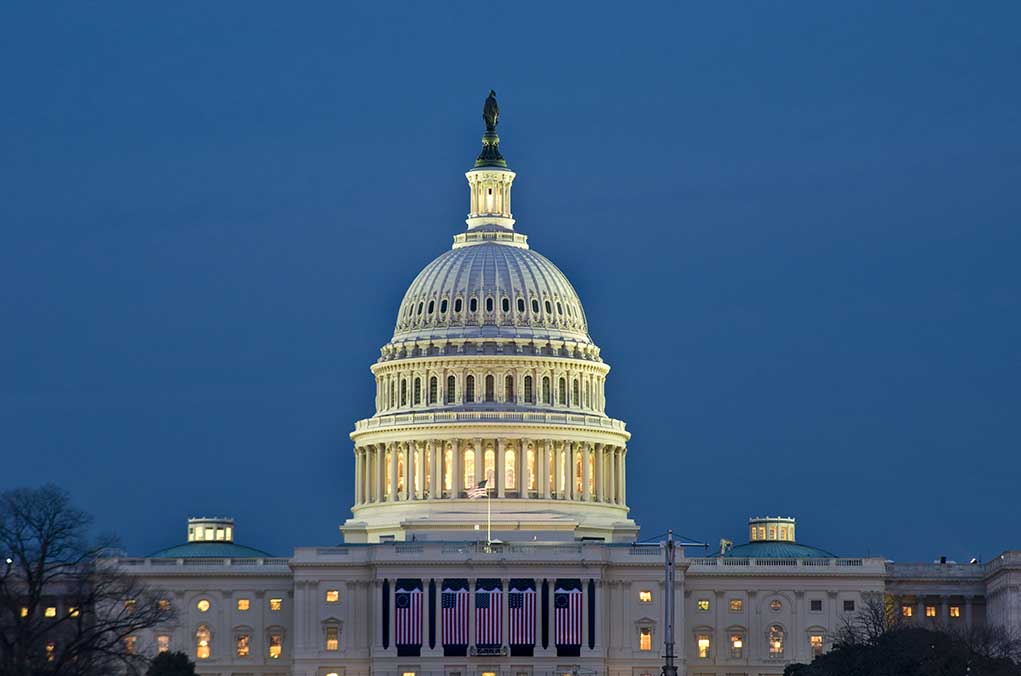
Amid Republican concerns over maintaining a slim majority in the House, President Donald Trump has retracted Elise Stefanik’s UN ambassadorship nomination.
Key Takeaways
- Donald Trump withdrew Elise Stefanik’s nomination for the U.S. ambassador to the United Nations.
- The decision stemmed from concerns regarding the precarious Republican majority in Congress.
- Recent special elections influenced the decision to withdraw the nomination.
- Stefanik is the fourth nominee under Trump to not complete Senate confirmation.
GOP Concerns Over House Control
President Trump’s decision to withdraw Elise Stefanik’s nomination for U.S. ambassador to the United Nations reflects strategic considerations necessary to maintain Republican control in the House. A major supporter of Trump and a rising figure in the GOP, Stefanik’s role in passing critical Republican policies became a priority over her potential ambassadorship.
Recent special elections in Florida and Pennsylvania heightened concerns about losing GOP seats. As House Republicans face an unpredictable political landscape, Stefanik’s participation in Congress was deemed too vital to forego her presence.
Stefanik’s Role in Congress
Stefanik had already cleared the committee stage, accumulating support for her nomination; however, the tight Republican majority put her nomination on hold. Trump’s emphasis on congressional unity underscored his decision, reaffirming Stefanik’s involvement as necessary. “We must be unified to accomplish our Mission, and Elise Stefanik has been a vital part of our efforts from the very beginning,” Trump stated.
Speaker Mike Johnson echoed Trump’s priorities, noting, “It is well known Republicans have a razor-thin House majority, and Elise’s agreement to withdraw her nomination will allow us to keep one of the toughest, most resolute members of our Conference in place to help drive forward President Trump’s America First policies.”
Implications of a Vacant Ambassadorship
The continued vacancy for a permanent U.S. ambassador to the United Nations is significant, particularly as global dynamics necessitate strong American representation. Dorothy Shea is currently acting as the deputy U.S. ambassador amid this transition. Though Stefanik was preparing to depart Congress, engaging in a farewell tour, political priorities prompted a reversal.
In a political climate such as this, the administration’s decision showcases its dedication to preserving House control, light of pending special elections that could tip the scales. Republicans are keenly aware of potential vulnerabilities and remain focused on strategies that bolster their majority.
Sources
1. Trump withdraws Elise Stefanik’s UN nomination to protect GOP House majority
2. Trump withdraws Rep. Elise Stefanik’s nomination for UN ambassador, citing tight GOP House margin















